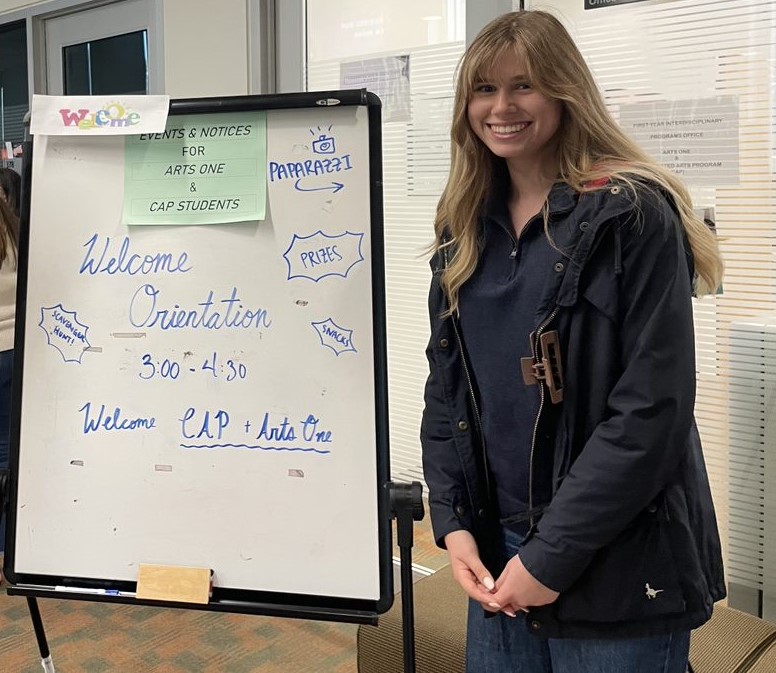Arts One is like no other program at UBC Vancouver. Since its launch in 1967, it has nurtured student success for more than 50 years. This first year program continues to put small cohort learning at the forefront, giving students the opportunity to establish close-knit relationships with their peers and professors that last long past the first year. Through the Arts One integrated curriculum that is unified around a guiding theme, students transform from high school students to independently-minded scholars.
This Q&A series helps both current and prospective Arts One students get to know individual instructors on the teaching team.
Q&A with Dr. Gavin Paul arrow_right_alt



